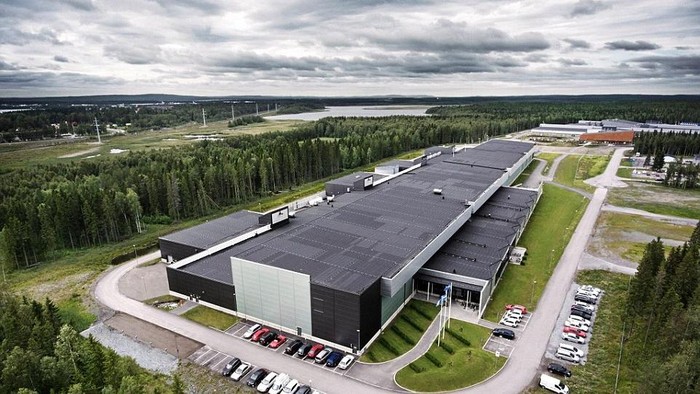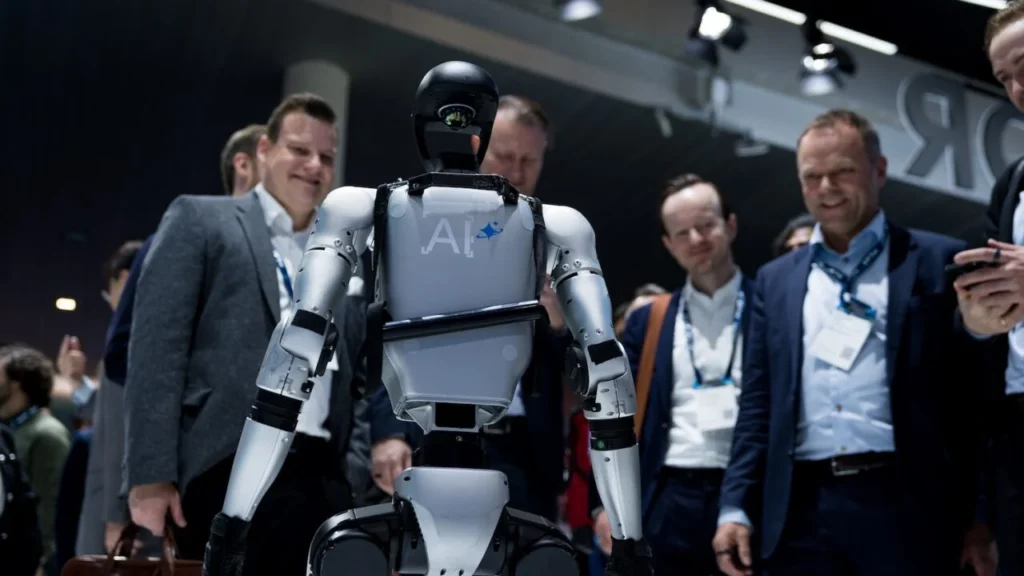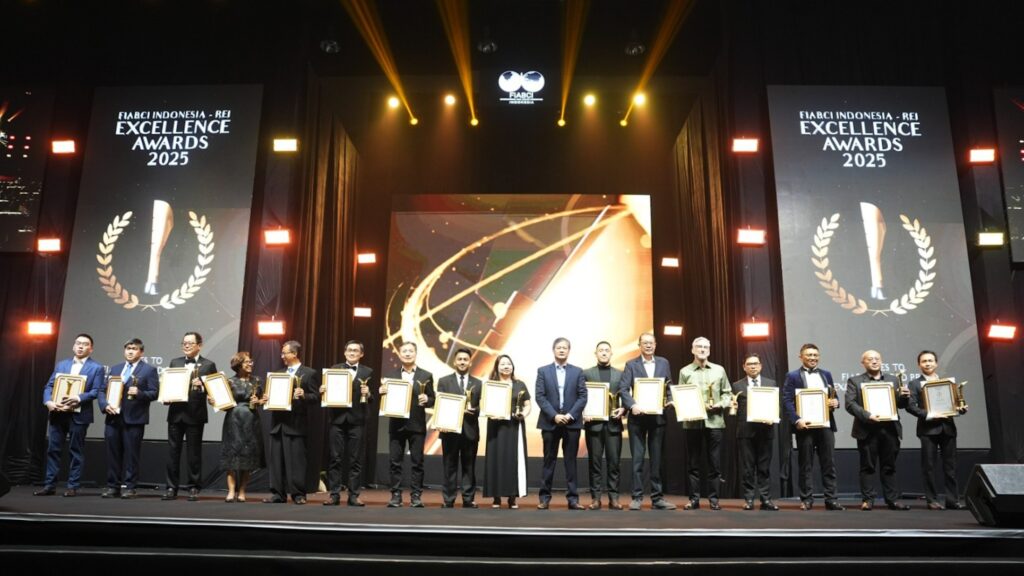Jakarta — The race to dominate the next era of artificial intelligence has entered a new phase, as Meta CEO Mark Zuckerberg unveils plans for colossal, energy-hungry data centers designed to train what he calls “superintelligence.” The announcement positions Meta not just in competition with OpenAI and Google, but in a strategic contest with profound implications for technological sovereignty and global security.
Zuckerberg revealed that Meta is building several multi-gigawatt computing clusters, each housing hundreds of thousands of AI-focused GPUs. One cluster, named Prometheus, is slated to go live in 2026, while another — Hyperion — could scale to 5GW within a few years. In sheer footprint, he claims a single facility could cover much of Manhattan if transplanted to New York.
For context, the world-leading El Capitan supercomputer consumes about 30 megawatts, and Elon Musk’s xAI Colossus data center in Memphis is projected at 150 megawatts. Meta’s projects, each exceeding 1,000 megawatts, would be unprecedented in AI infrastructure history.
The scale of investment — running into hundreds of billions of dollars — underscores the urgency among tech giants to outpace rivals in developing AI capable of surpassing human cognitive abilities. Meta has already reorganized its AI division into “Superintelligence Labs” and lured top researchers from OpenAI, Google, and Apple.
Rival projects reflect similar geopolitical undertones. OpenAI’s “Stargate” data center, a 5GW facility backed by Oracle, SoftBank, and MGX, comes with a $500 billion, four-year investment plan and an explicit link to U.S. industrial revitalization and allied national security. Alphabet, Google’s parent company, is committing $3.3 billion to new South Carolina data centers as part of its AI push.
These developments highlight a shift in AI from a corporate innovation race to a high-stakes strategic competition, where control over computing power, energy infrastructure, and advanced talent pipelines could shape the global balance of technological power for decades to come.






